Here are a few pics from the work weekend October 10-11. If you have other photos, please send them in!
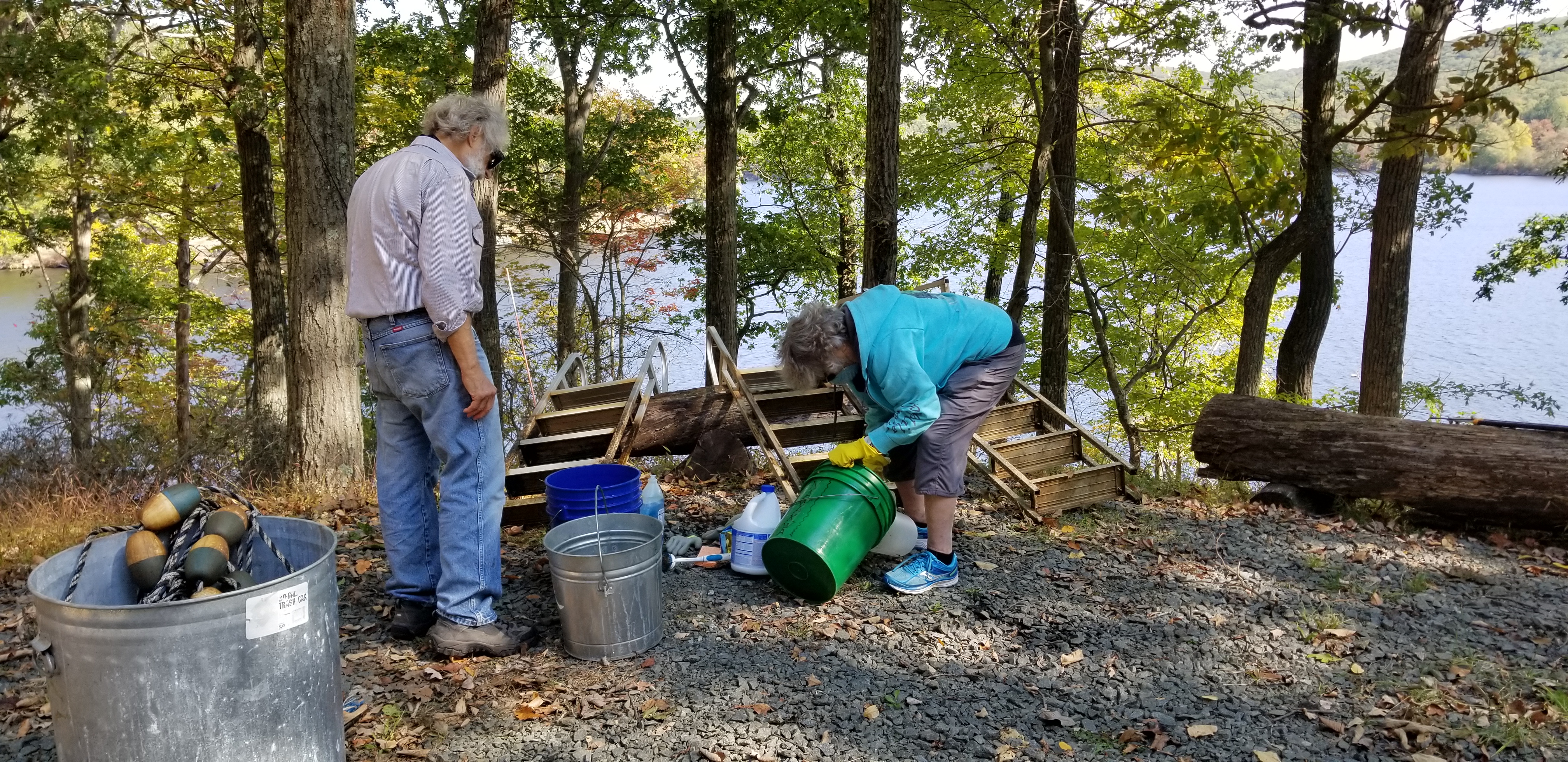
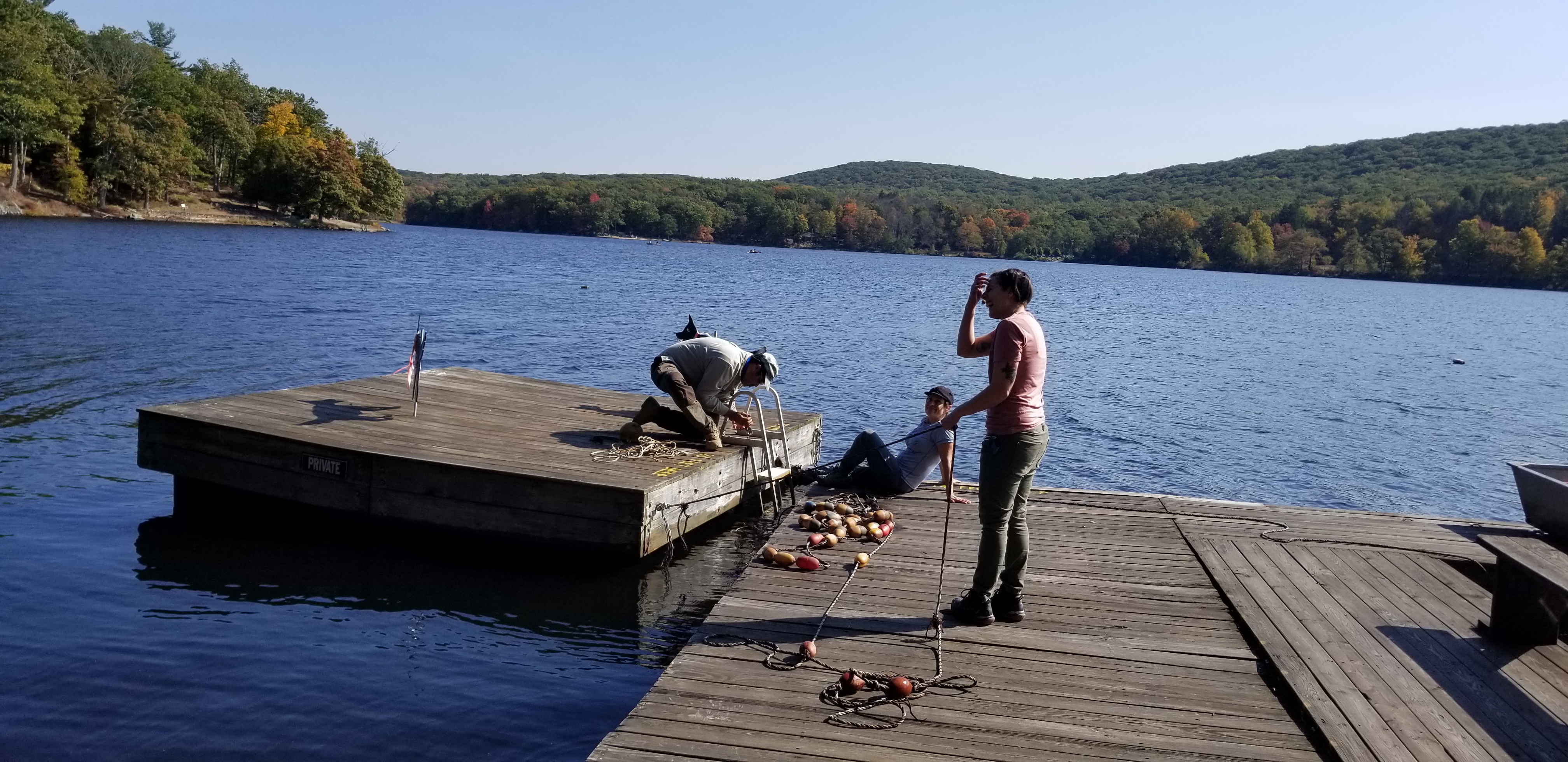
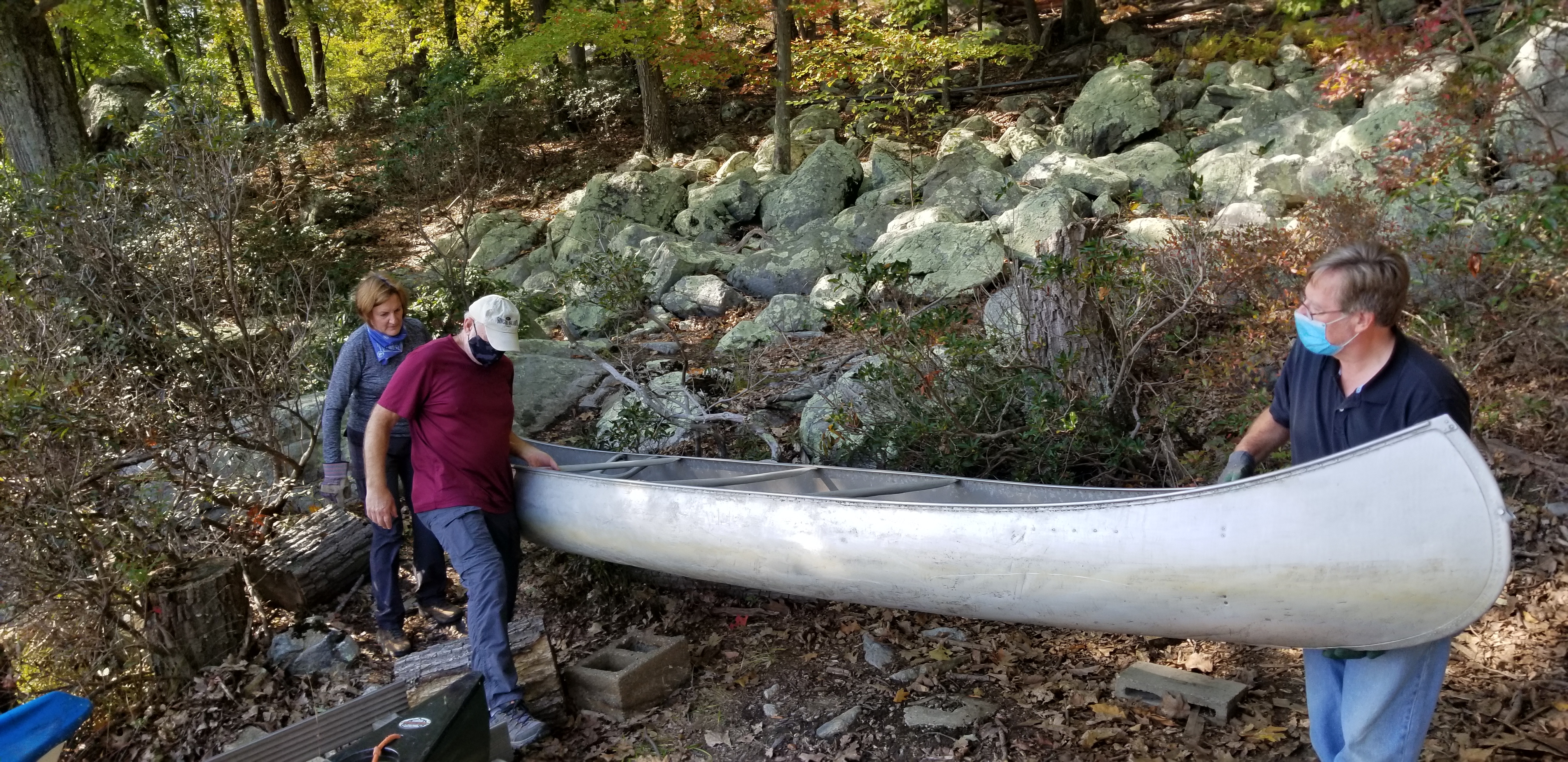
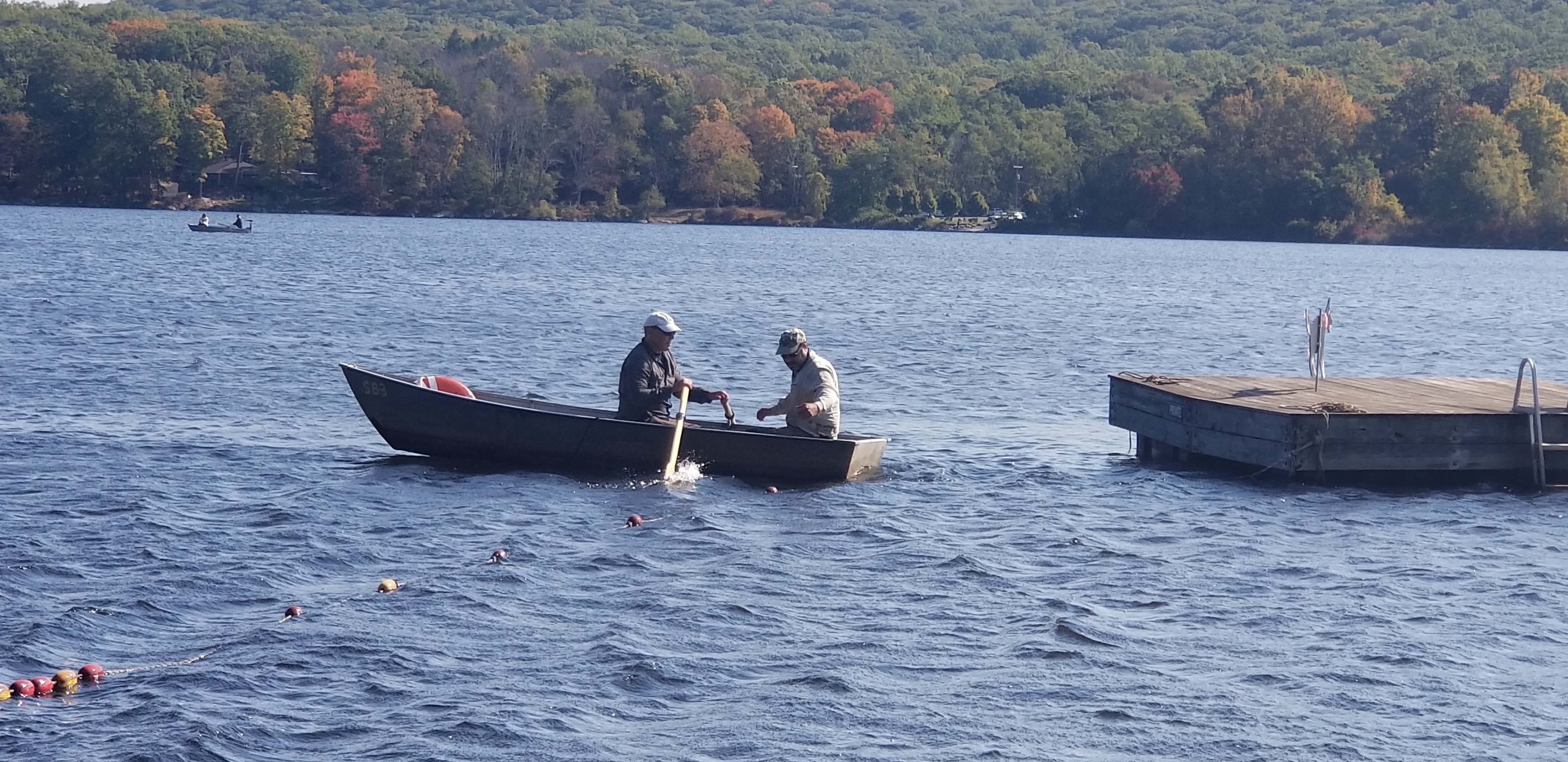
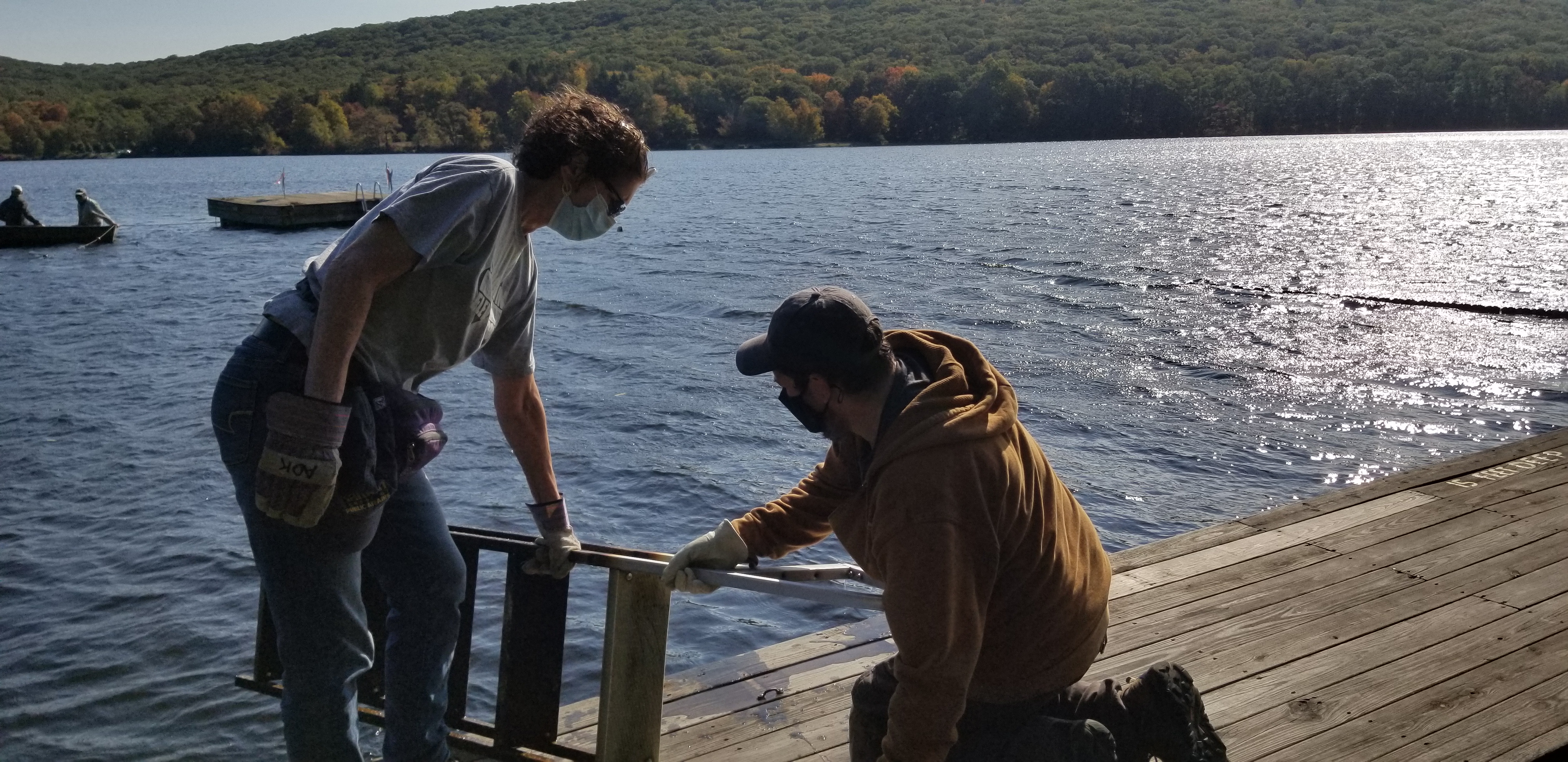
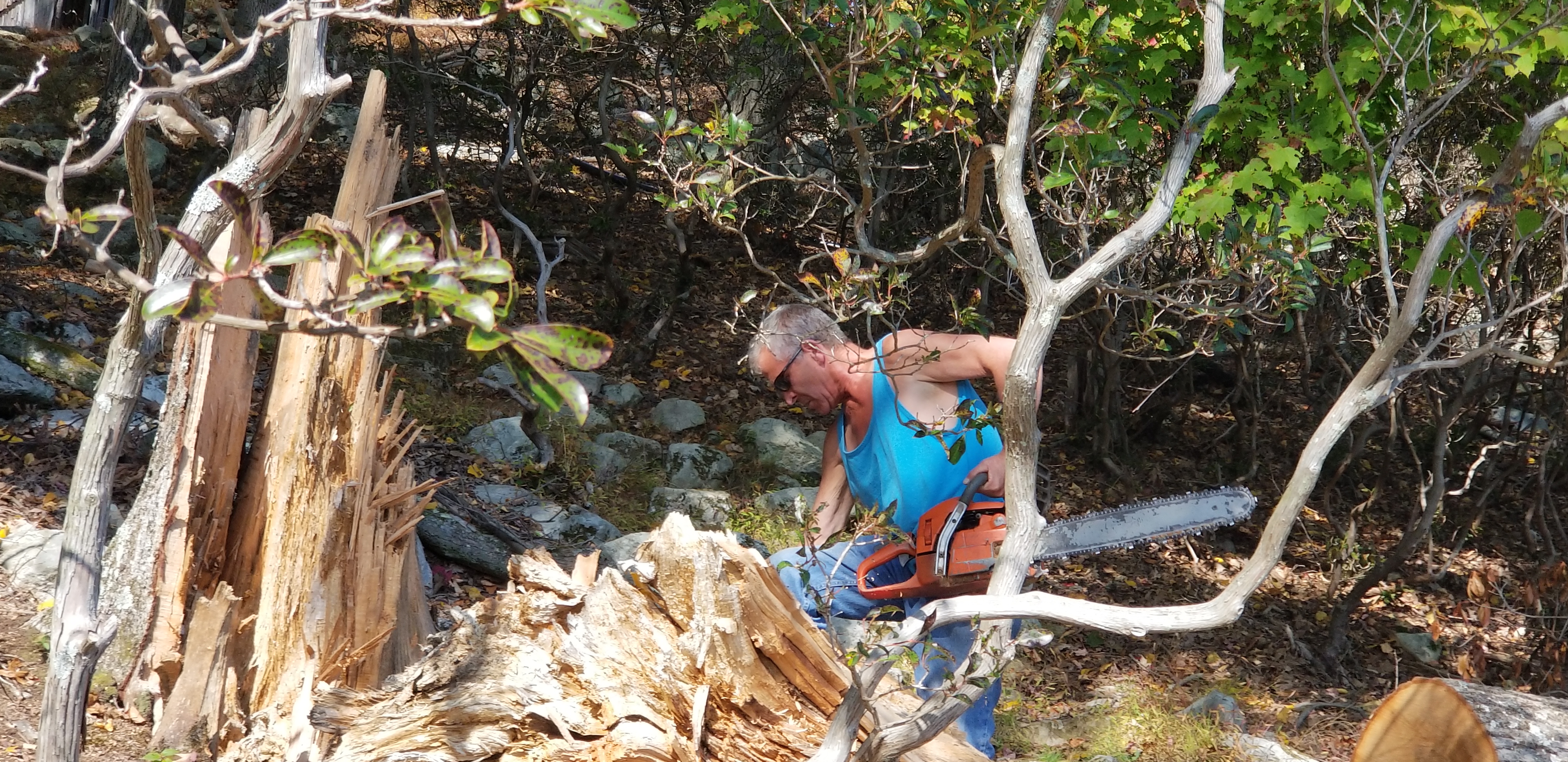
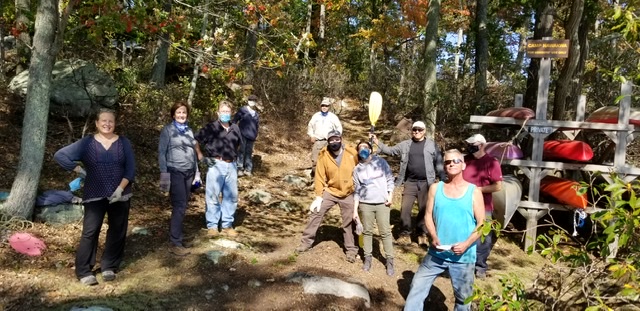
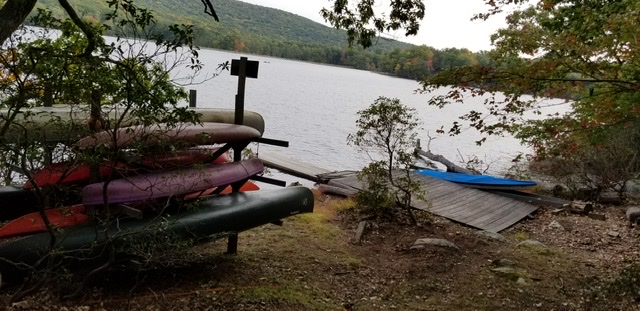
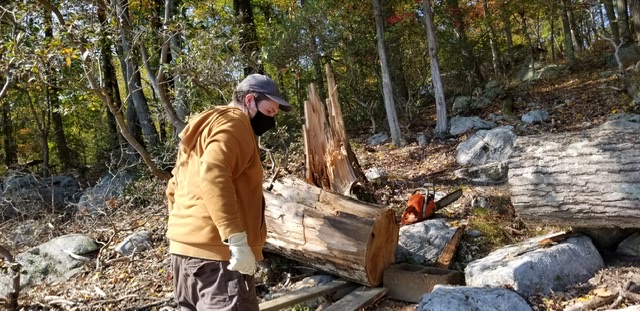
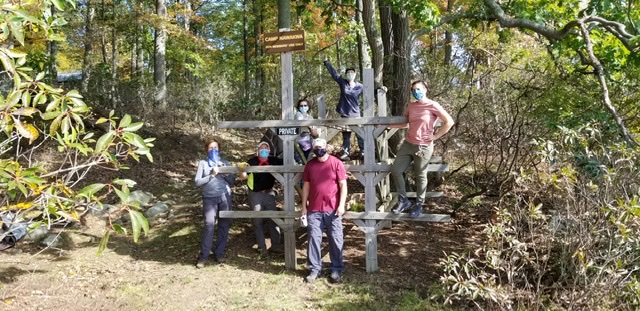
Here are a few pics from the work weekend October 10-11. If you have other photos, please send them in!










Sorry for the late notice, but the wood day is cancelled for this weekend. We will look to schedule another date.
——
We had a fabulous Fall Work Weekend at camp on 10/10 -11, getting a large number of tasks completed, not only to close camp, but also making improvements. Don and I are so gratified by our energized applicants and keyholders, we are offering Fall Work Weekend #2, 10/17 -18, to about 15 keyholders and applicants. This will be a qualifying service or overnight event doing mostly wood processing for our wood pile. Vegetarian dinner and breakfast, paid for by participants, will be offered. This event will not take place without an adequate keyholder/applicant ratio. Register quickly!
You may print the ballot and return by USPS mail Proxy Form.
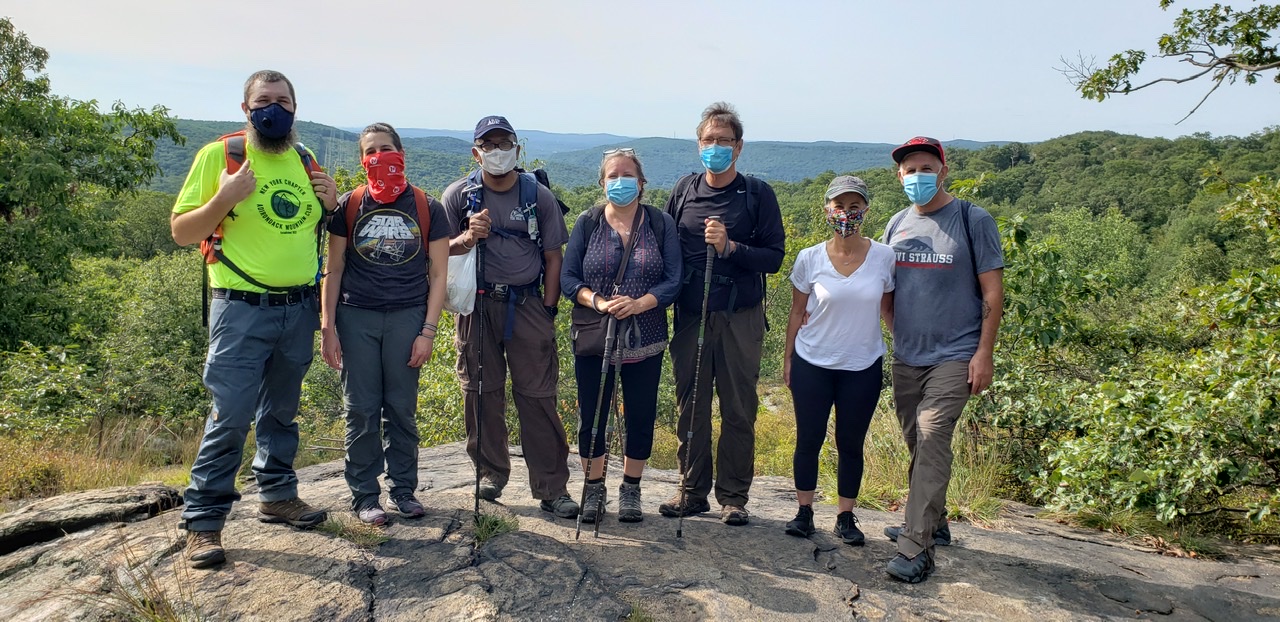
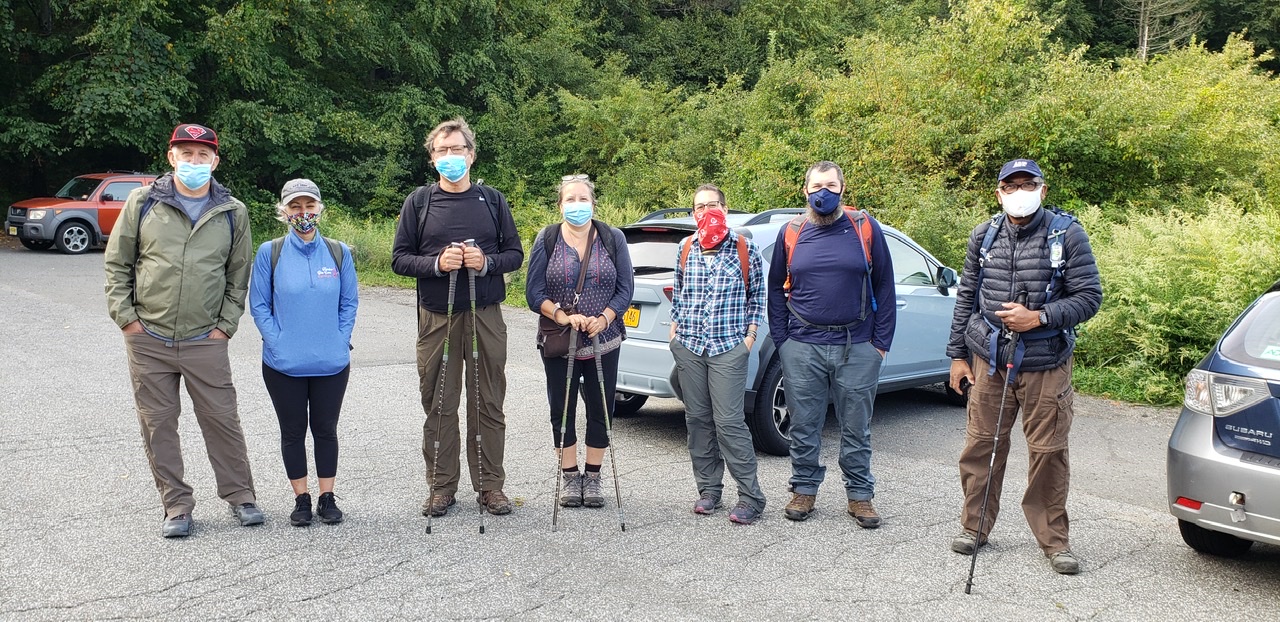
Please refer to the calendar entry for details
Founded in 1923, the Nawakwa Outdoor Association of New York, Inc. is a membership organization dedicated to the enjoyment of the outdoors through hiking, walking, camping, swimming, skiing, sailing, canoeing, and kayaking, and to the conservation and preservation of our wilderness, particularly the mountains, lakes, trails, and camping areas of the metropolitan New York region.